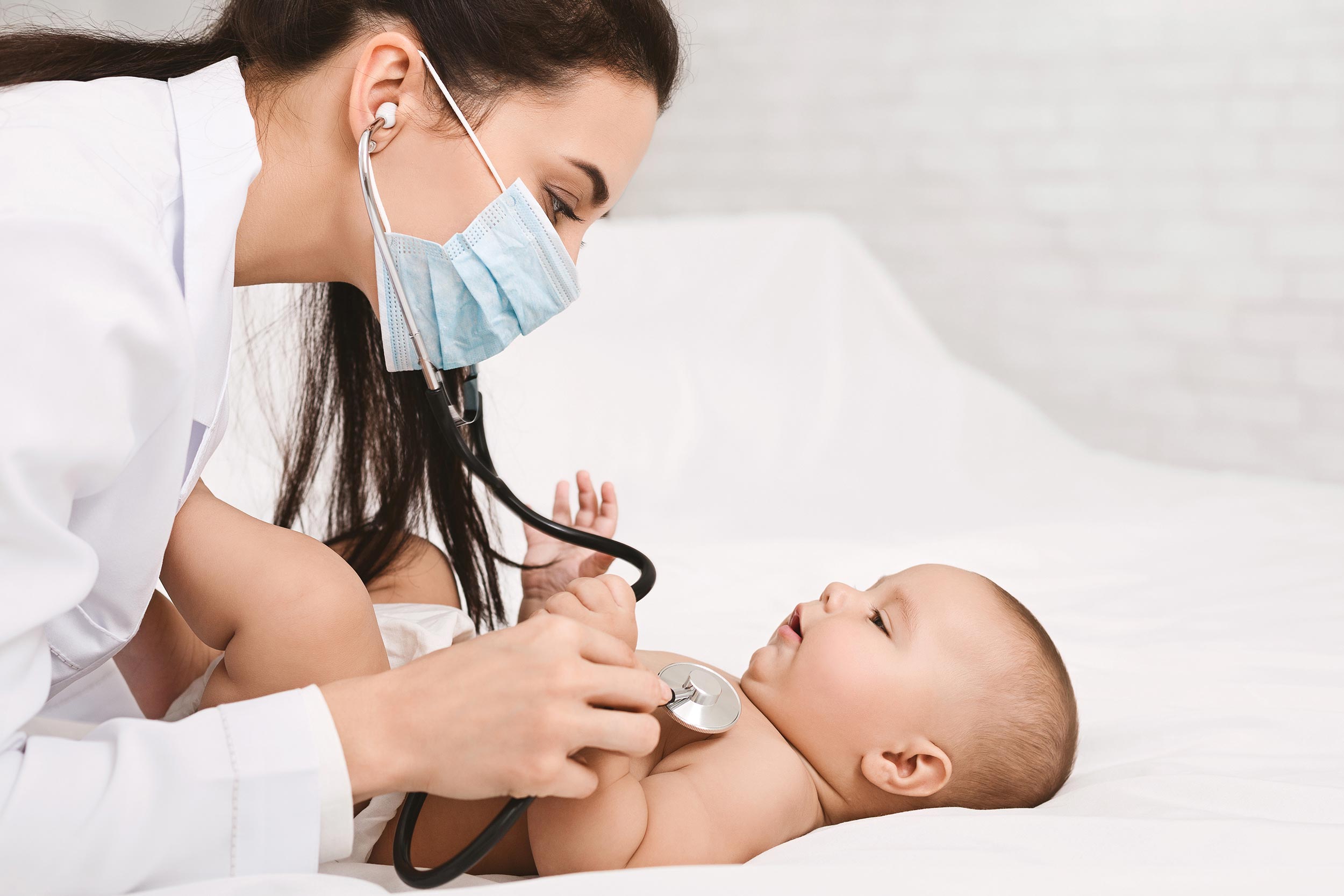Question
« La policlinique pédiatrique et les urgences pédiatriques accueillent les enfants entre 0 et 15 ans, 7 jours sur 7 à l’hôpital au Kirchberg. Ces services existent depuis 2004 et l’équipe est composée de « pédiatres, chirurgiens pédiatriques, psychiatres juvéniles ainsi que d’autres médecins spécialisés ». En 2022, environ 20.000 enfants ayant eu besoin de soins médicaux urgents ont été traités, dont 6.500 ayant reçu des traitements chirurgicaux.
Outre ses activités régulières, le groupe assure également les services d’astreintes pour les enfants malades à la maternité de la Clinique Bohler et à la néonatologie pendant toute l’année.
En 2022, le Ministère de la Santé avait annoncé avoir signé avec la Fédération des Hôpitaux luxembourgeois (« FHL ») une convention garantissant l’indemnisation des gardes et des astreintes du personnel médical. Il nous revient que pour la pédiatrie de proximité de l’HRS-Kirchberg, une seule ligne de garde pour les pédiatres a été retenue. Une ligne de garde pour les chirurgiens pédiatriques fait défaut.
Dans ce contexte, nous aimerions poser les questions suivantes à Madame la Ministre de la Santé :
- Est-ce que Madame la Ministre estime qu’un service de garde par un seul pédiatre est suffisant, et que les services d’un chirurgien pédiatrique ne sont point requis pendant les heures de garde ?
- À qui devront s’adresser les parents avec leurs enfants gravement malades ou ayant besoin de soins chirurgicaux prochainement, si les gardes par des chirurgiens pédiatriques ne sont plus assurées, et que d’autres hôpitaux tel la ‘Kannerklink’ atteignent régulièrement leurs limites ?
- Étant donné les chiffres de patients jeunes aux services impactés, est-ce que le Ministère de la Santé a anticipé les problèmes potentiels de capacité ?
- Comment le Ministère de la Santé veut-il garantir dans l’avenir les meilleurs soins possibles aux enfants ayant besoin de soins médicaux urgents ? »






